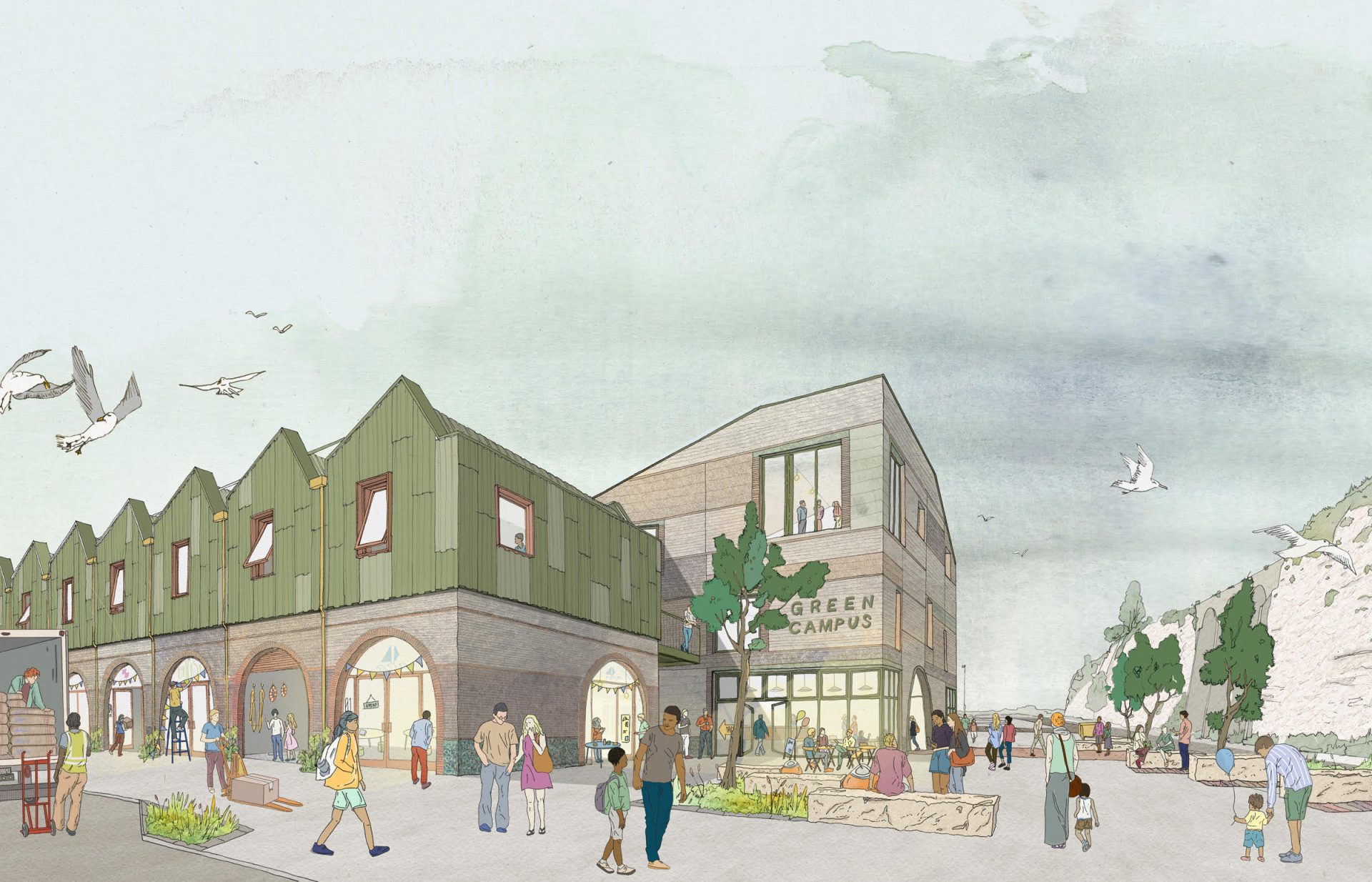Council budget for 2023-24 to be considered by Cabinet
Proposals for the council budget for the coming financial year – April 2023 to March 2024 – will be considered by Cabinet members at a meeting taking place on Thursday 12 January 2023.
This forms the first part of the council’s budget setting process for the financial year ahead.
The budget is agreed at the same time each year, with final decisions taken by the full Council in early February. The Cabinet meeting on 12 January will make recommendations to Council about financing the huge range of public services provided, and spending on new proposals; and on ways that all this can be financed.
The proposals being put forward must also meet the council’s legal obligation to produce a balanced budget. What the council spends must be covered by income from lots of different sources. The final balancing figure is the Council Tax that is charged to residents.
The Budget Report sets out how the council plans to increase its net spending on local services by £3.5m or 19.6% for the budget year. This is a really significant increase. The district council faces the same cost increases as everyone else on fuel, transport and pay, and this has to be funded. Inflation is at a 40 year high, and the current economic climate makes it difficult to predict the future.
There are proposals to invest in some of the council’s key services which make a difference to local people. These are the things they have said are most important in the recent residents’ survey.
In addition to the increased cost of delivering services, the wider difficult economic climate means that demand for some key services, most notably temporary accommodation for homeless people, is rising. Providing a safety net for people who have nowhere to live is one of the most important things the council does, but it is demand-driven and costs are rising.
Despite the fact that inflation is running at around 10%, funding from national government has only increased by 5.8% and the council is only allowed to increase Council Tax by a maximum of 3%.
To address this gap between income and expenditure, and still increase investment in services and projects, the budget has been based on a number of principles – the key ones are:
- maximising key income streams by charging for services which are only used by a small proportion of residents.
- planning to invest more in maintaining the council’s property portfolio to increase income.
The council also has a relatively substantial capital programme to deliver over the next four years, through ongoing Levelling Up Fund projects for both Margate and Ramsgate, and the Margate Town Deal. Capital money is used for one off building projects. These funds provide the opportunity for significant investment in two of the district’s towns, and the impacts on the budget are set out in the draft capital programmes for 2023-2027.
Finally, Thanet District Council receives just 12p in every £1 of Council Tax. The remainder goes to: Kent County Council, Kent Police and Crime Commissioner, Kent Fire and Rescue Service and Town/Parish Councils.
For 2023/24, it is proposed that Thanet’s share of the Council Tax should increase by 2.99%. This is the equivalent of a £7.42 increase each year for a Band D property – or an extra 14p per week.
The money that is used to fund public services is made up of Council Tax receipts, income generation, including from fees and charges, retained Business Rates and government funding (including Revenue Support Grant and New Homes Bonus).
Cabinet Member for Finance, Cllr David Saunders said: “In the current economic climate, it’s more important than ever that we are fiscally responsible and make decisions that allow us to achieve a balanced budget. Our core income however, will not increase to the extent that inflation has and we must therefore look to maximise our local income so that we can improve services for local people.
“We are also seeing a greater reliance on public services, in particular provision for people experiencing or at risk of homelessness. We have a duty to be there for those who need our help most. At the same time, we must continue to prioritise improvements so that the council is a trusted, efficient and responsive organisation.
“When we meet to discuss the budget, we will be considering how we do all of this whilst still delivering a balanced budget as per our statutory obligations.”
If approved, the budget will proceed to a Full Council meeting on Thursday 9 February for final approval.
All of the proposals due to be discussed can be viewed in the Cabinet report which is available on our website.
Newsroom
See all
Like many local councils, 2024 marks a significant milestone for Thanet District Council as it is 50 years since it was inaugurated.

Thanet District Council is inviting members of the public to learn more about its designs for the Green Campus, one of Ramsgate’s Levelling Up Fund regeneration projects. The Green Campus will create spaces for training, enterprise and light industry along Military Road. It will be a self-sufficient destination for enterprise and skills development.

A Thanet resident has been successfully prosecuted for fly-tipping the same item in two different areas of the district.